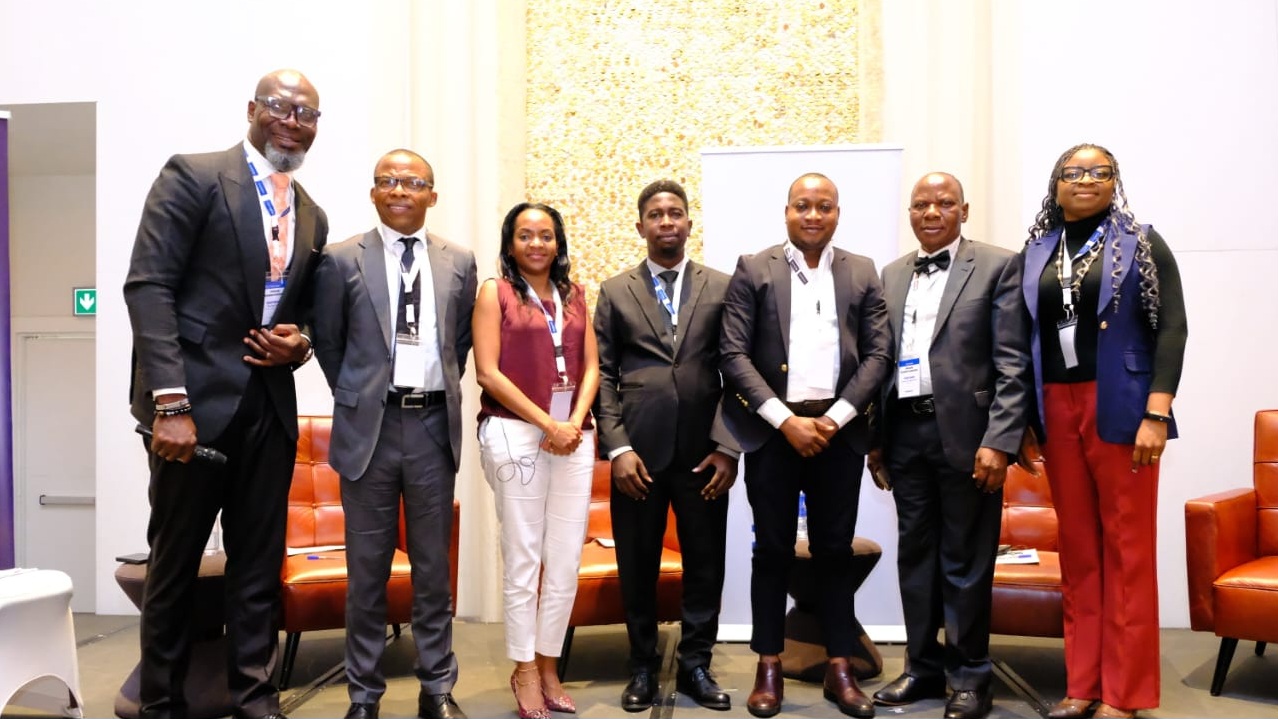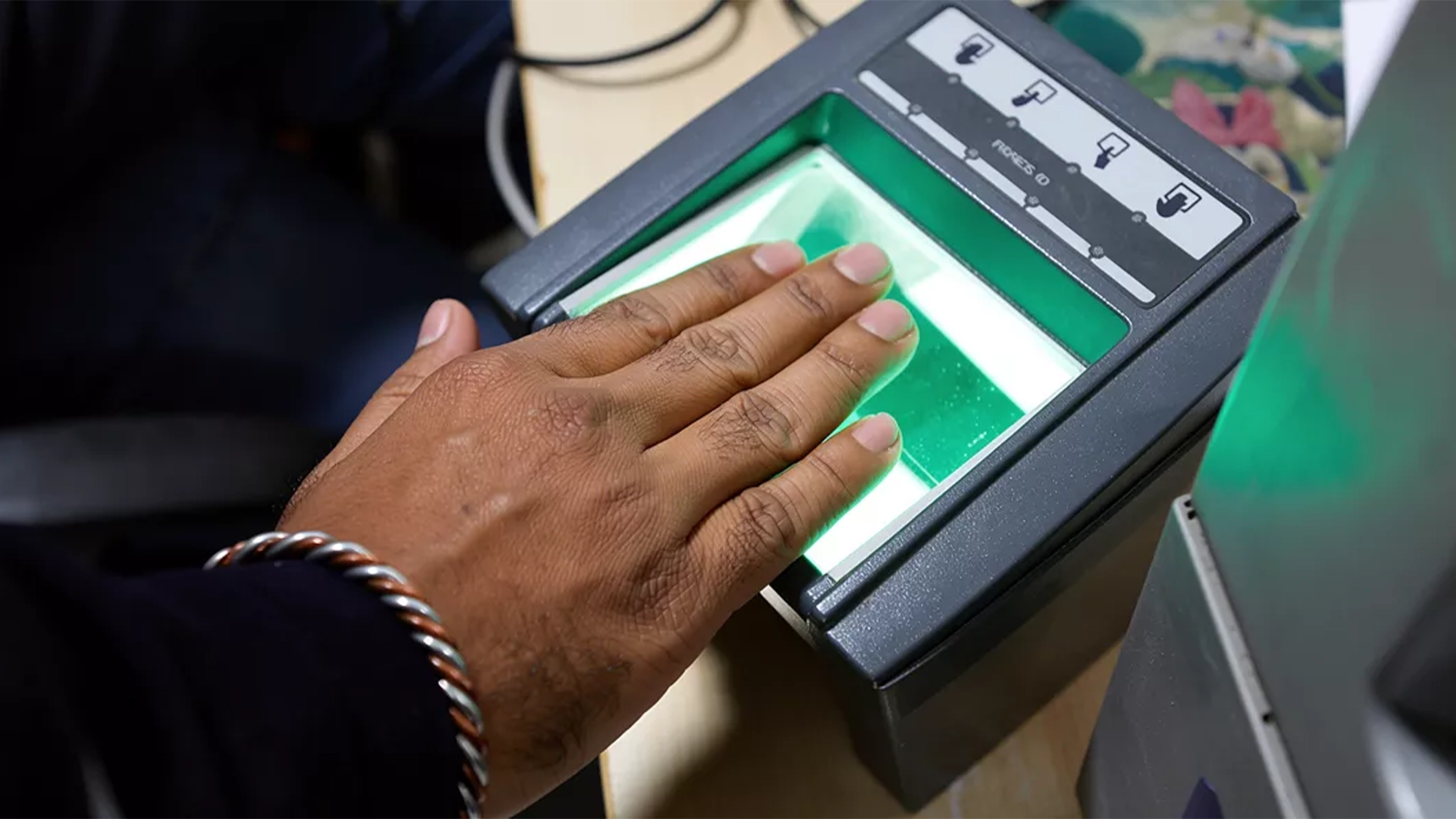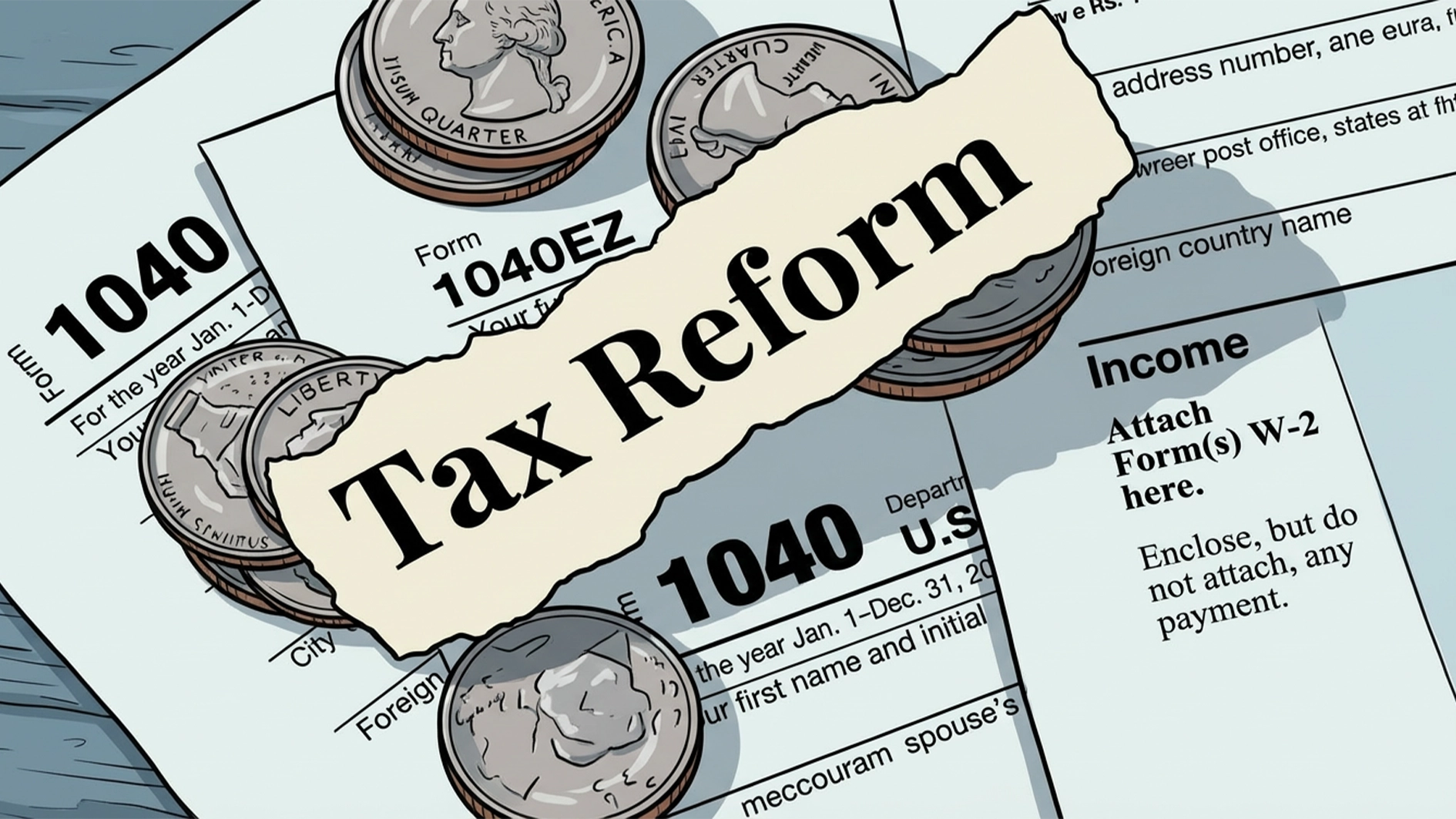 Rising inflation has been a recurring theme in recent times as consumers feel the impact of increased cost, hence manufacturers need to tweak strategies to influence consumer decision.
Rising inflation has been a recurring theme in recent times as consumers feel the impact of increased cost, hence manufacturers need to tweak strategies to influence consumer decision.
One of such strategies is to ensure proper data analysis on pricing is carried out before taking actions as consumer behaviour currently reflects increase in brand switch due to rise in price.
These were the submissions at the NielsenIQ (NIQ) meeting, themed, ‘Navigating the New World of Uncertainty’ held in Lagos.
Managing Director, NIQ East and West Africa, Faith Wanderi, said with the high inflation, poverty, unemployment, rise in fuel prices and FX crisis, it is important for companies to know areas to focus their energy.
She said in order to drive success in the current situation, organisations need to focus on good innovation and activation.
She noted that NIQ delivers the most complete and clear understanding of consumer buying behavior through an advanced business intelligence platform with integrated predictive analytics.
Associate Director, Retail Intelligence, NIQ Nigeria, West Africa, Joyce Nwachukwu, said 63 per cent of Nigerian consumers feel they are in worse financial conditions ever compared to 38 per cent of global consumers making consumers cautious of their spending as across all continent, double digit price increase has been recorded.
She said that though the sub-Saharan Africa has been experiencing slower growth from rebound of 2021 effects of COVID-19 pandemic, there are however still opportunities available, fuelled by its population growth, which would lead to urbanisation and industrialisation.
According to Senior Research Manager, NIQ, Tosin Onayemi, based on a research carried out by the firm 63 percent of Nigerian consumers say they have only enough money for food shelter and basics, while 78 per cent of Nigerian consumers feel the economy is in a recession because of the high cost of living .
As a result, in prioritising their expenditure, 86 percent of Nigerians want to focus on future planning, 81 percent on health and wellness, 79 per cent on saving for unforseen circumstances and 77 per cent on mental wellness.
He noted that Nigerians are concerned about food and grocery prices, followed by fuel and transport costs, economic downturn and are looking to spend less on clothing, snacks, out of home dining and others. He added that almost six in every 10 shoppers have switched brands in the past one year due to increase in prices resulting from tighter wallets.
Executive Consultant, Drugs and Medicaments Nigeria Limited, Chidi Okoro, said the government has to allow traditional and modern trade systems to thrive.
He stated that traditional trade remains key in the market, contributing to 98 per cent of the Market, adding that both modern and traditional trade markets see growth in value but decline in volumes in Fast-Moving Consumer Goods (FMCG).
Chief Executive Officer, Supersaver Supermarket, Lucky Egede said solutions to the current market challenges lie in promoting and utilising local production and prioritizing expenditure
.






